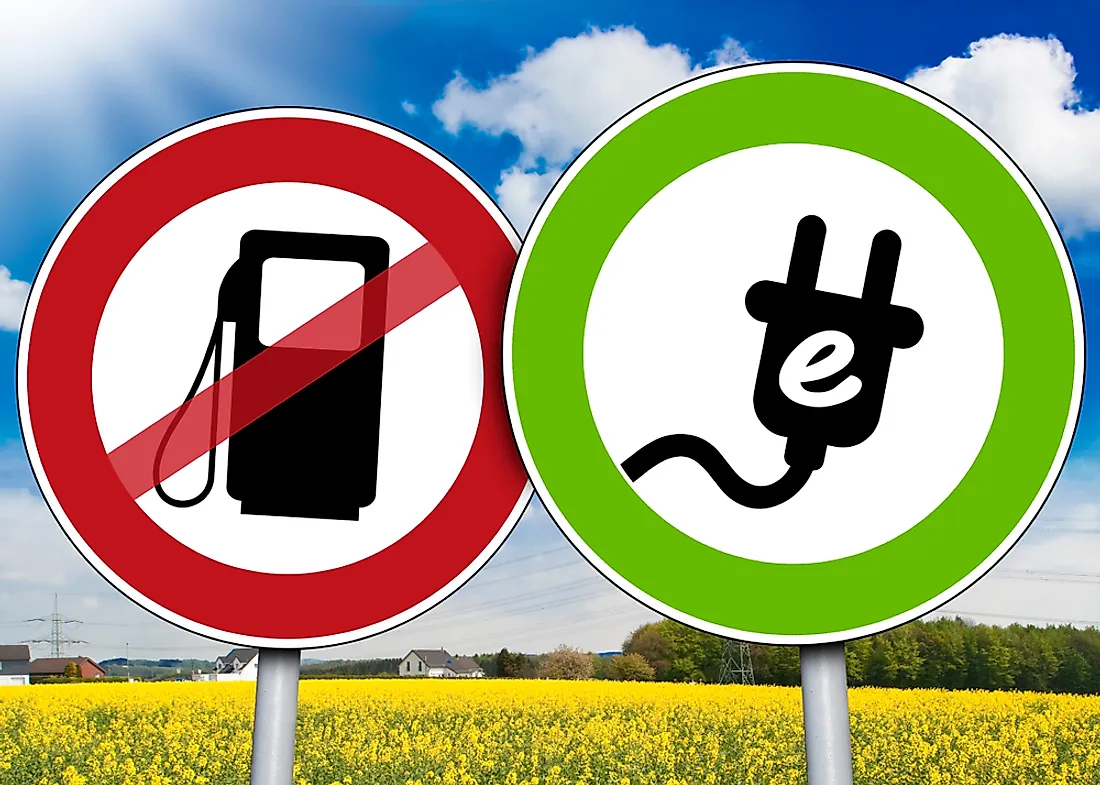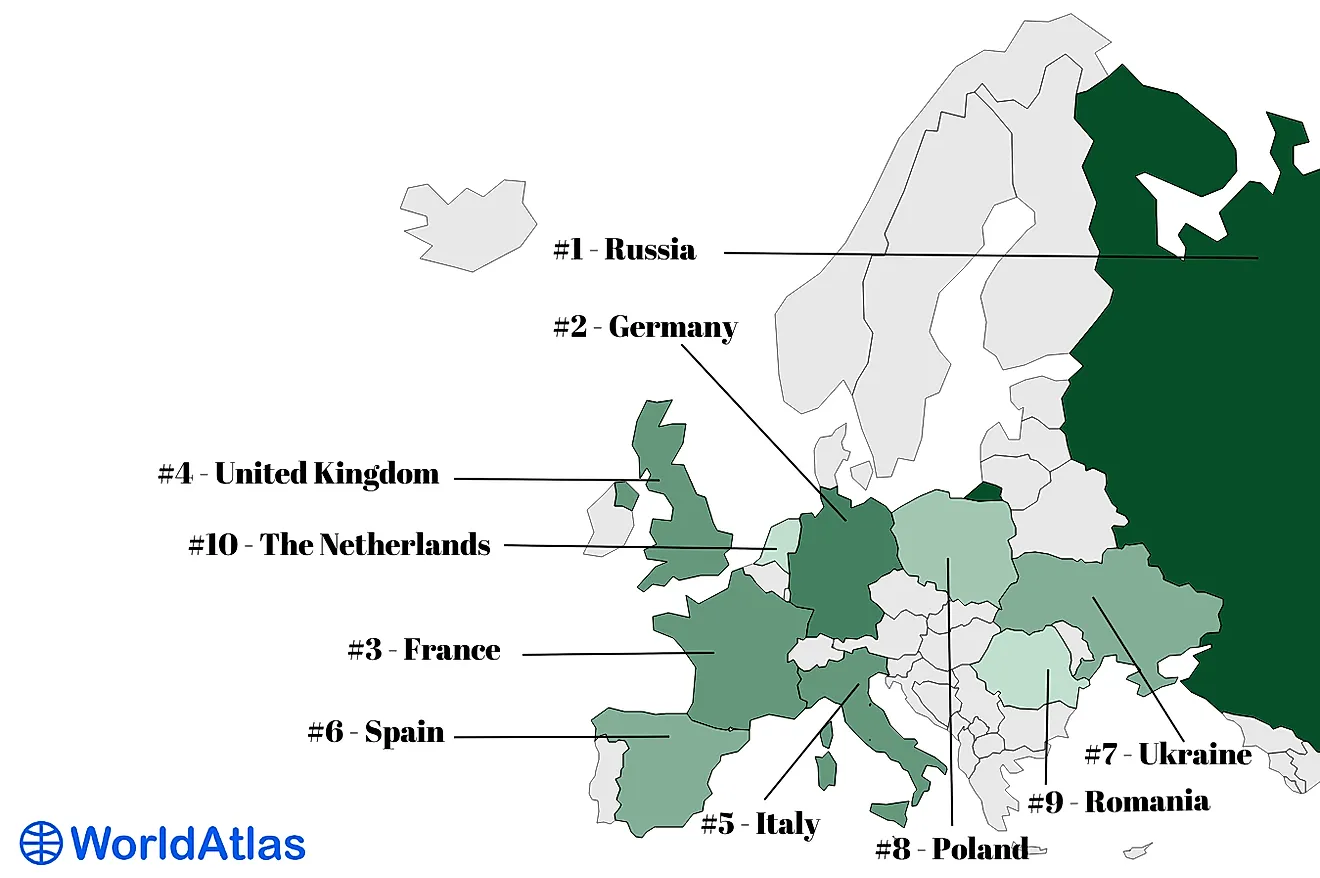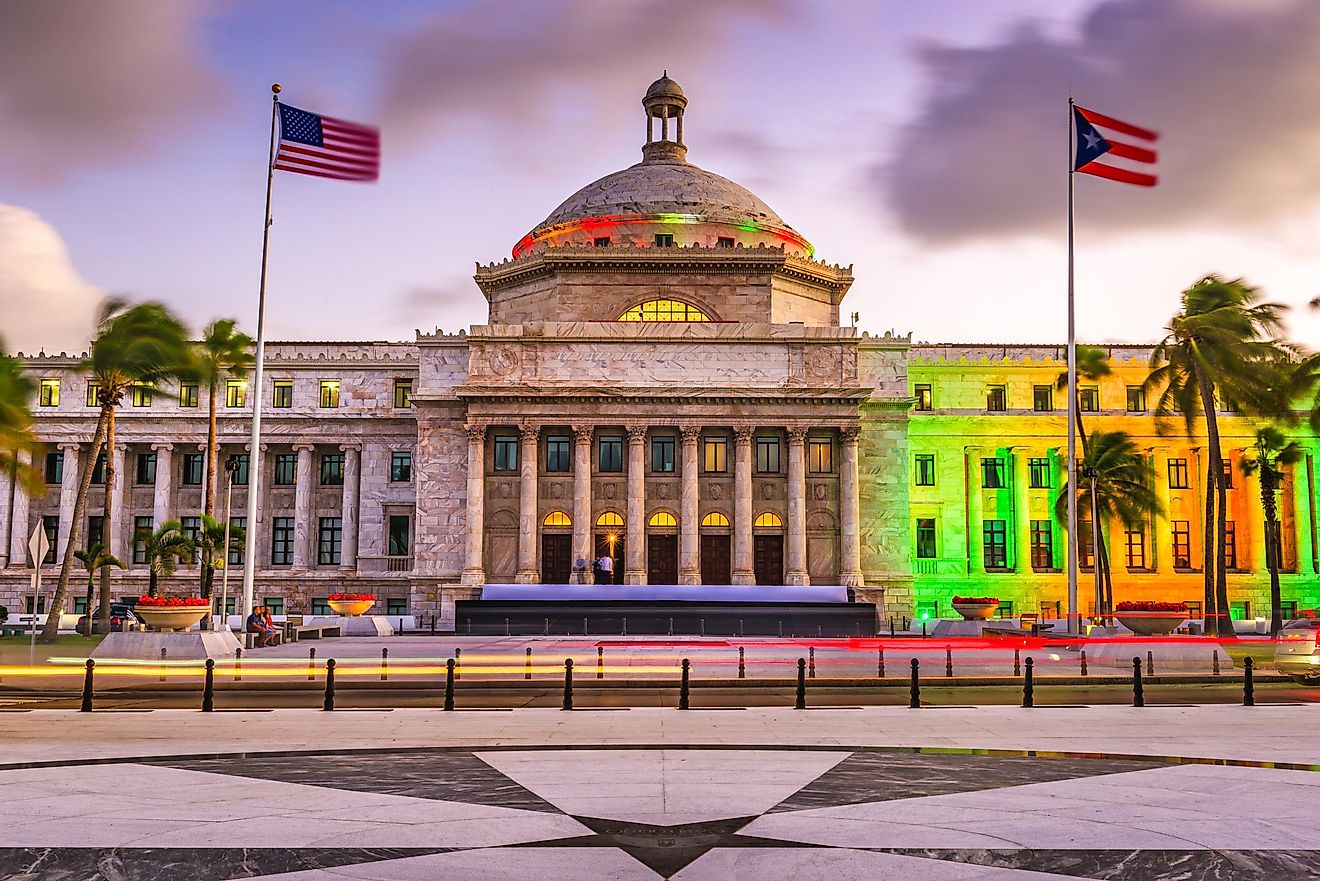Countries That Will Ban Gasoline Cars

The number of countries that have proposed a ban on the sale and use of gasoline cars has increased significantly since 2005. Several reasons have been cited for the move to ban the use of gasoline and other fossil fuels, including health risks that result from car emissions, energy independence, and the reduction of a carbon footprint. These countries have taken actions in varying forms to phase out gasoline-powered vehicles, including the introduction of the Electric Vehicles (EVs). The banning of gasoline cars has a systematic scope and generally involves legislation that will restrict further production and sale of new fossil fuel-powered vehicles.
Countries That Have Proposed a Gasoline Car Ban
Norway
Norway was the first country in the world to propose a ban on the sale of gasoline cars by switching to an electric-powered vehicle. The proposed ban was announced in 2016, with a plan to completely ban the sale of all gasoline cars by 2025. Norway introduced a tax system known as “polluter pay” to discourage the sale of gasoline cars and increase the number of EVs to 50,000. As of 2018, the country has over 135,000 EVs
Germany
Germany’s federal council committed to banning gasoline cars by 2050 in October 2016 and at the same time proposed an EU ban on diesel and petrol vehicles. The federal council hopes that by banning gasoline cars and introducing EVs, the country will reduce carbon emission by 95% by 2050. However, Germans fear that the ban could negatively affect the production jobs within the automotive industry which is one of the largest industries in the country.
France
France announced plans to ban all gasoline cars by 2040 in July 2017 in addition to phasing out gas and oil production. Since 2008, the country has enforced penalties on the purchase of high petrol and diesel consumption vehicles and offered incentives for people who buy low or zero emission cars. Paris, the capital city of France, has authorized plans to eliminate gasoline cars from the city by 2025.
China
China, the largest producer of automobiles in the world, has set an official target of 2040 as the year to end the production and sale of vehicles powered by fossil fuel. The country hopes that adopting the use of EVs, it will greatly reduce the carbon emission which has been a major concern to date.
Costa Rica
Costa Rica hopes to become the second country in the world to completely phase out gasoline cars by proposing a ban in 2021. It also hopes to boecome the first country to fully decarbonize in the world. The ban on gasoline cars is part of country 200th-anniversary celebrations. Costa Rica generates 99% of its electricity from renewable sources and achieving zero carbon transport will be a major milestone for the country.
Other Countries
At least ten other countries have proposed a ban on gasoline cars and have put measures in place to promote the purchase and use of electric-powered cars. These countries include South Korea, the UK, Spain, Taiwan, Portugal, Netherlands, Israel, India, Denmark, and Ireland. The United States of America is yet to develop an official policy of the ban of gasoline cars but some of its states have set a target.
Positive Effects Of Banning Gasoline Cars
Poor air quality is considered one of the biggest environmental risks to the public health around the world. Cars, especially in big and crowded cities are major causes of air pollution. These gasoline cars emit high amount of carbon gases into the air. Recent studies have linked unclean air to heart diseases and other lung complications. By removing diesel and petrol cars from the roads and replacing them with EVs, the various governments aim to reduce carbon emissions and keep global temperatures from rising
Countries That Will Ban Gasoline Cars
| Rank | Country | Ban Start Date |
|---|---|---|
| 1 | China | 2040 |
| 2 | Costa Rica | 2021 |
| 3 | Denmark | 2030 |
| 4 | France | 2040 |
| 5 | Germany | 2050 |
| 6 | India | 2030 |
| 7 | Ireland | 2030 |
| 8 | Israel | 2030 |
| 9 | Japan | Ongoing |
| 10 | Netherlands | 2030 |
| 11 | Norway | 2025 |
| 12 | Portugal | Ongoing |
| 13 | South Korea | 2020 |
| 14 | Spain | 2040 |
| 15 | Taiwan | 2040 |
| 16 | UK (Except for Scotland) | 2040 |
| 17 | UK (Scotland) | 2032 |











